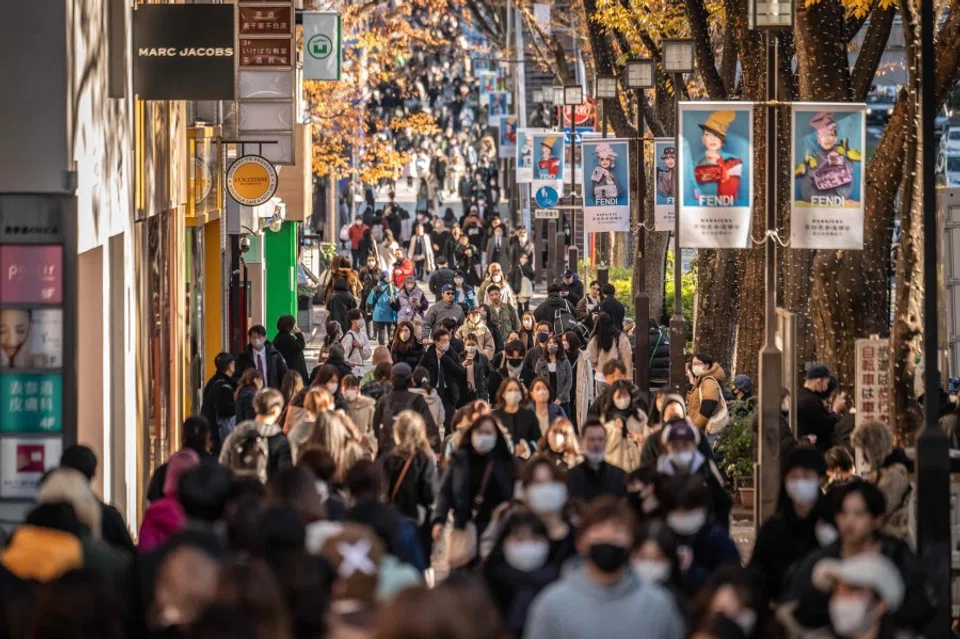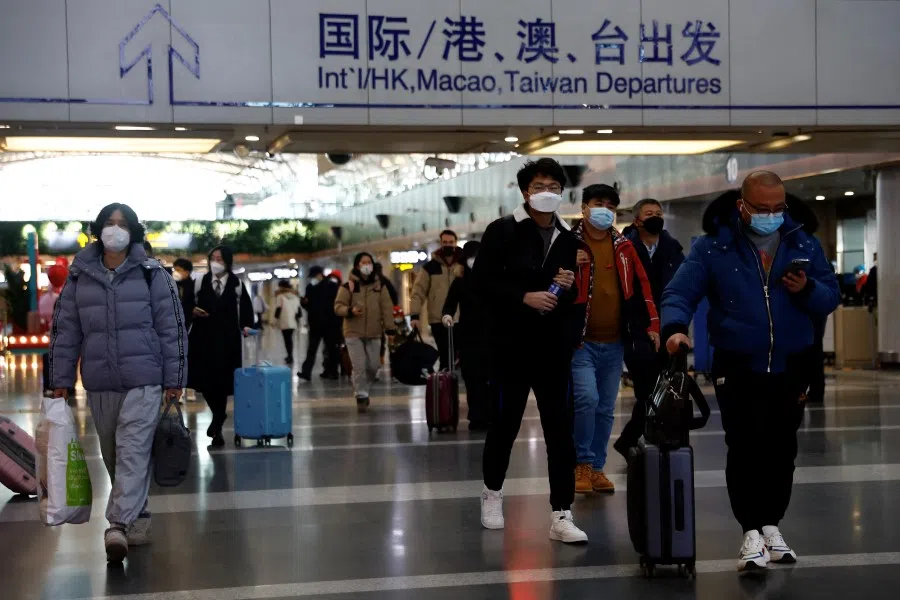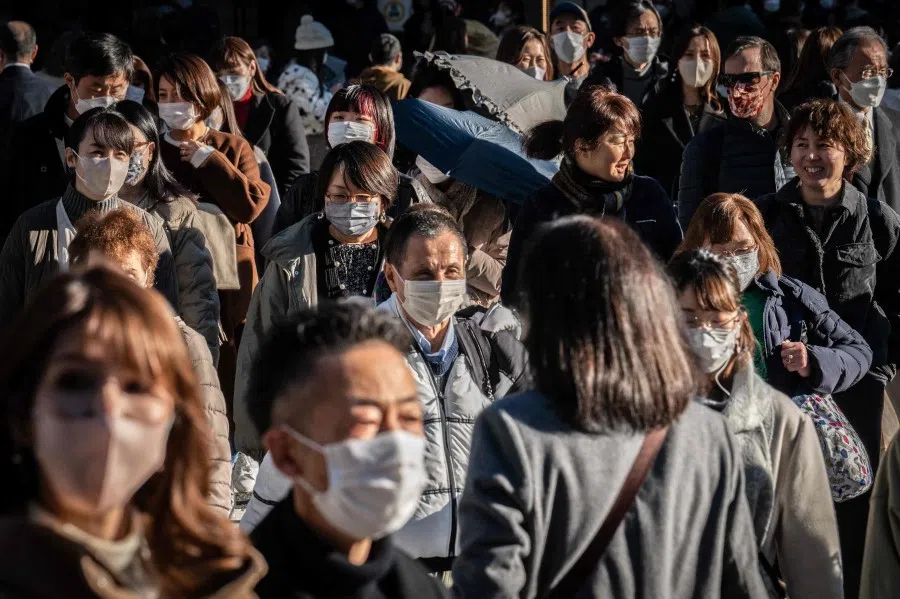How China and Japan see each other
The recently released results of the Japan-China Joint Opinion Survey show changing trends in Japan's and China's perceptions of each other. Factors such as the economy, the Russia-Ukraine war, Taiwan Strait tensions and the media were important influences on public opinions in the past year, with the latter going on to impact foreign policies.

On 30 November 2022, Japanese non-profit entity Genron NPO and the China International Publishing Group announced the results of the Japan-China Joint Opinion Survey, which has been conducted annually for more than 15 years.
The results speak to the difficulties in the Japan-China relationship, with improvements in China's perceptions of Japan, but extremely poor Japanese perceptions of China. Indeed, public opinion trends are influencing government policies.
Declining affinity
There are several noteworthy features of this year's opinion poll. First, even if mutual sentiments are not favourable, the number of those who think that bilateral relations are important has risen, with 70% of people on the Japanese side agreeing that the Japan-China relationship is important. However, more than 80% of Japanese also responded that they felt no affinity with China. It is telling from the result that China's importance could be attributed to its economic influence.
While the results of the poll indicated a near return to pre-pandemic status, and both Japan and China are envisioning a post-pandemic environment, the wish to travel to Japan remains lower than before on the Chinese side. This most likely indicates that Chinese people have not yet reached a stage where they can imagine travelling abroad.
... both Japan and China have become increasingly aware that there is a deterioration in the security environment in East Asia as well as greater danger in the Taiwan Strait...

Second, both Japan and China have become increasingly aware that there is a deterioration in the security environment in East Asia as well as greater danger in the Taiwan Strait. Many people have expressed a desire for peace and to prevent confrontational mishaps in East Asia.
However, opinions are divided on who is the main culprit of rising tension, with Chinese respondents believing the cause to be either the US alone or the US and Japan, and Japanese respondents believing it to be China.
As each side believes the other to be the cause of tension, the liability lies with the other party, and having it restrain its actions is seen as the key to lowering tension. However, what's important here is that both sides are seeking peace as the end result.
Divided views on UN and Russia
Third, there is a great divide between Japan and China regarding their views on the United Nations (UN)'s peacekeeping role. Simply put, 53% of Chinese respondents positively view the UN's functions, while 67% of Japanese respondents' views were negative and only 6.5% were positive.
On the Ukraine issue, 40% of Chinese respondents believe that Russia's actions are due to NATO's eastern expansion and do not see them as wrong. In comparison, 73% of Japanese respondents view Russia's actions as violations of the UN Charter and international law and as actions that should be opposed.
It is clear that Chinese public opinion on the Ukraine issue is divided.

However, 22% of Chinese respondents also said that Russia's actions should be opposed and 29% said that while Russia's actions were wrong, its geopolitical situation should be considered. It is clear that Chinese public opinion on the Ukraine issue is divided.
Impact of media and public discourse
Fourth, more than 34% of the people on the Chinese side responded that it was the Japanese media in particular that pushed the idea of a Chinese threat, and the media were the cause of poor Japanese sentiment towards China. This saw a significant increase of 12% compared with the previous survey.
Interestingly, trust in the media is extremely high in China, with 80% of Chinese respondents believing that the Chinese media was both objective and impartial...
Interestingly, trust in the media is extremely high in China, with 80% of Chinese respondents believing that the Chinese media was both objective and impartial, and 83% believing that public opinion online adequately reflected the public's opinions.
This explains why most Chinese believe that the discourse of the Chinese media is "official" and that "public opinion" on the internet, i.e. the majority opinion, is tolerated by the Chinese Communist Party or the government and is considered "correct".
Conversely, the Chinese would believe Japanese media coverage as being greatly aligned with the Japanese government's views, and they would believe that the Japanese are also heavily influenced by the media because, like themselves, the Japanese believe in the "correctness" of the media.
As shown above, while some trends continued in the 2022 opinion poll results, new trends have emerged. It will be interesting to note how China's foreign policies will be affected by the extremely tense attitudes within China towards the rest of the world.
Related: In search of better relations with Japan? China's inscrutable Japan policy | It's hard to be neighbours: When will Japan advance its diplomacy with China and South Korea? | Why Japan and China have totally different ideas of their foreign ministers' meeting | Foreign and security policy in Japan's upper house elections





